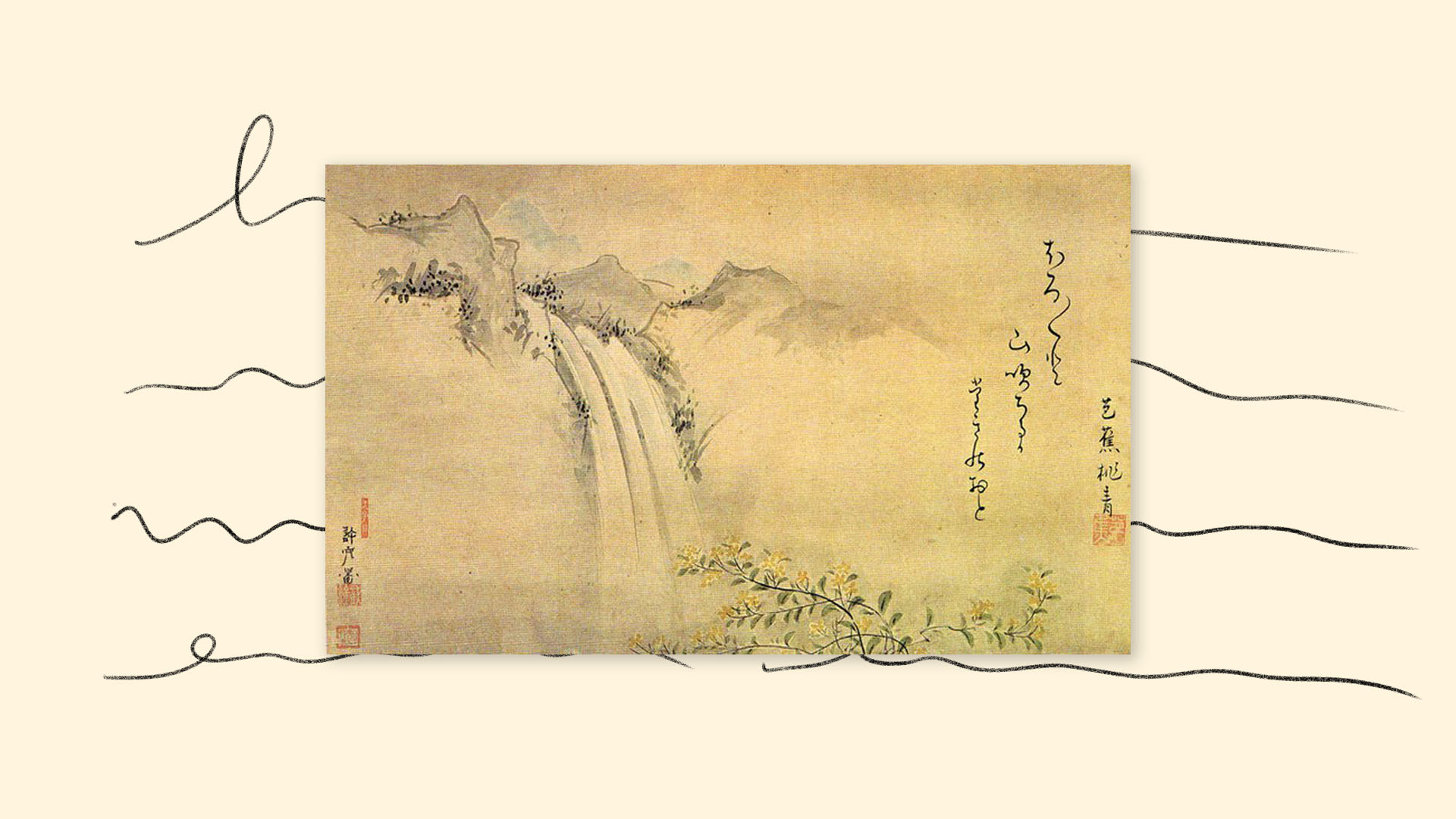Word of the Day
[ak-suh-lot-l ]
Meaning and examplesStart each day with the Word of the Day in your inbox!
By clicking "Sign Up", you are accepting Dictionary.com Terms & Conditions and Privacy Policies.
Today
National Poetry Month
How To Write A Haiku: Tips And Examples
Haiku is more flexible than you think: you can decide whether you want to follow all of the rules of haiku, some of them, or none of them. Choose your own haiku adventure! Read more.
Advertisement
Games
Calling all cruciverbalists! Sharpen your mind with crosswords and word games, or take a brain break with your favorite classic games.
Play 80+ gamesAdvertisement
Featured
Poetry & Lyrics Challenge
It's National Poetry Month, And The Poet Is You. Yes, YOU!Trending
Advertisement
Newsletter

Salutations, logophile!
Sign up to get everything a word lover could want: word origins, fun facts, and the latest language trends.
By clicking "Sign Up", you are accepting Dictionary.com Terms & Conditions and Privacy Policies.
Advertisement
Browse



